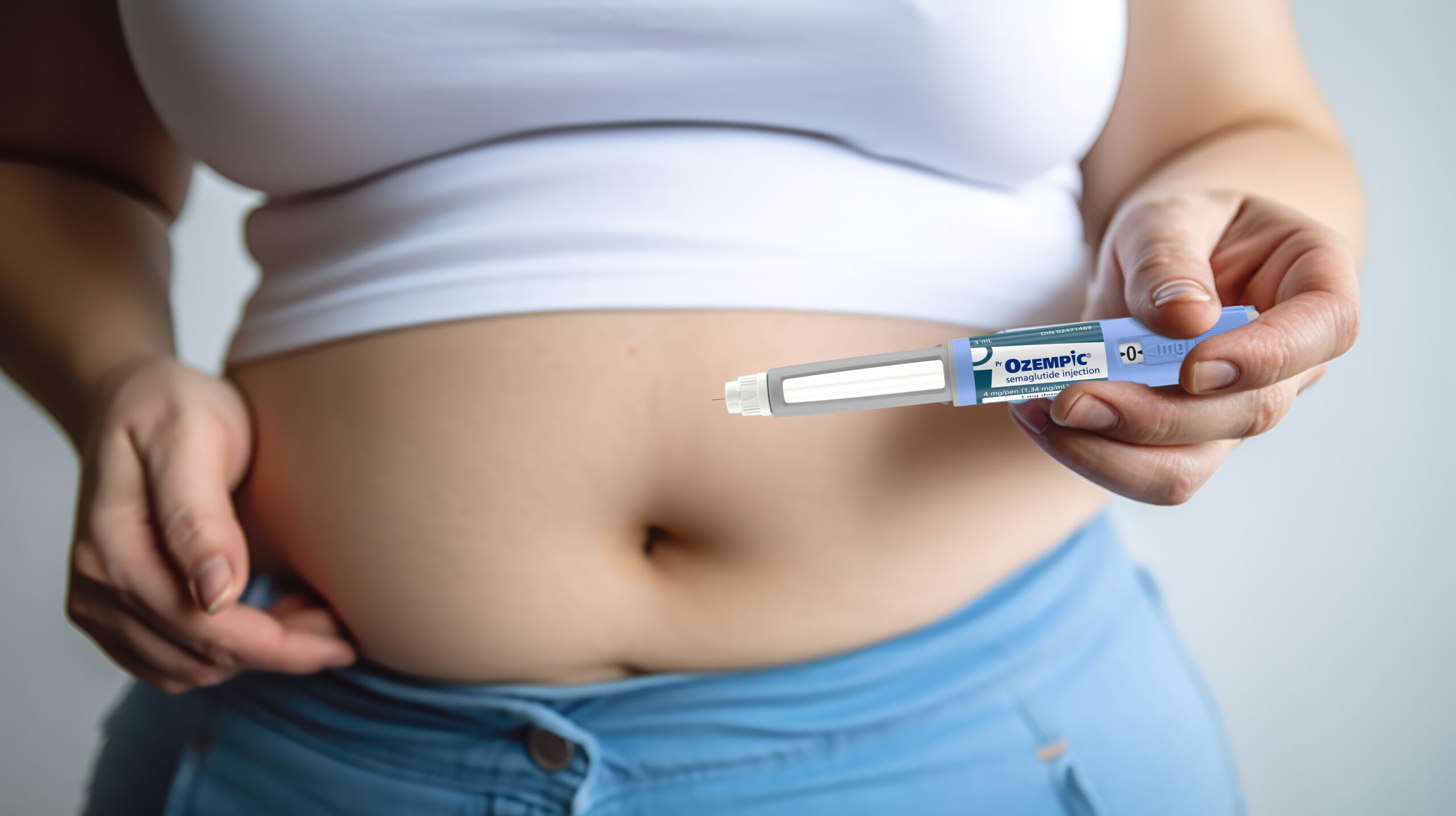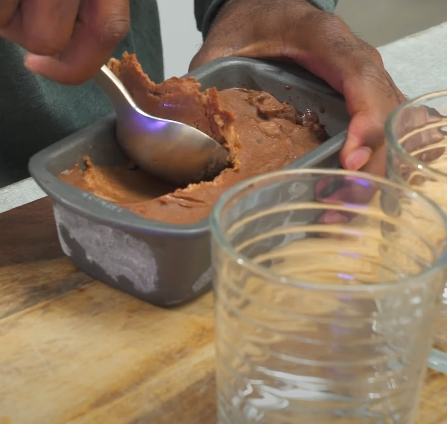In today’s world of high sports participation and recreation, much less the effects of normal human aging, and irrespective of the contact and non-contact trauma that the physical games we play can yield, pain, injury, and skeletal diseases are common occurrences. Today we will be discussing how collagen peptides may reduce pain associated with common sports-induced knee-injuries.
Anterior cruciate ligament (ACL) sprains and tears, many of the non-contact type, are at epidemic proportions in female athletes participating in sports like basketball, soccer, and volleyball.
Research points to the increased female ACL injury risk being associated with the anatomical design of the female hip, poor landing technique during jumping activities, reduced muscle stiffness, and faulty recruitment of the hamstring musculature during deceleration, to name a few.
The female athlete is at four times the risk to an ACL injury versus their male counterpart – with, as much as, a 24% increased risk to ACL injury in the uninjured knee, upon return to sport.
According to research – The Influence of Specific Bioactive Collagen Peptides on Knee Joint Discomfort in Young, Physically Active Adults: A Randomized Controlled Trial – which appeared in the February 2021 issue of the online journal Nutrients, “collagen type I and II are the most important structural and functional components of the extracellular matrix of tendons, ligaments and cartilage.”
The researchers from Germany and Austria cite research that says, “an increased risk of anterior cruciate ligament rupture or shoulder dislocation is also attributed to an impaired architecture of the connective tissue. Although most complaints are related to sport, non-athletes may also sustain recurrent overuse injuries.”
Once tissue or a joint is damaged, inflammation, a normal reaction to trauma, is initiated, which can be associated with pain. “Regardless of whether muscles, tendons or cartilage tissue are affected, the cause is a disproportion between load and load tolerance of the tissue,” as noted in the Nutrient’s paper.
Excessive training, inadequate recovery periods, and constant competitive stresses on the muscles and joints can be extrinsic factors that potentially increase the incidence of stress-induced injuries in every age group.
Intrinsic factors – like reduced flexibility of a muscle group, loss of range of motion in a joint, and anatomical differences, such as a leg-length discrepancy, can place the active individual to increased injury risk.
The researchers reference the outcomes of preclinical studies, which indicate that consumable collagen peptides have a particularly high absorption rate – the result of their low molecular weight and the high proportion of proline and hydroxyproline, that permits, “a high resistance to intestinal digestion and higher transport efficiency.”
It’s also proven that collagen-derived peptides accumulate in the cartilage tissue, where they can stimulate extracellular matrix molecules, and, therefore, counteract progressive tissue degeneration.
The European investigators note prior research that, “imply that the intake of 5 g of specific collagen peptides for 12 weeks is sufficient to significantly reduce pain intensity during physical activity. Based on the survey of the participants, it can be assumed that medical treatment options, such as drugs or physiotherapy could be reduced by the pain-relieving effect of collagen peptides.”
The investigators chose to confirm the efficacy of the same collagen peptides in a comparable study population.
Recruiting 180 active men and women aged between 18 and 30 years, with exercise-related knee pain, but no diagnosed joint disease, the participants were randomly assigned to either a group receiving 5 g of specific collagen peptides – FORTIGEL – (CP-G) or to the placebo group (P-G). The study period was 12-weeks.
The primary outcome was to examine the changes in pain during or after exercise from pre-to-post-intervention – using the Visual Analog Scale (VAS).
It was determined that the young, active male and female participants, “showed that the intake of 5 g of specific collagen peptides per day for twelve weeks can significantly reduce the intensity of activity-related knee joint pain assessed by the participants compared with placebo.”
Collagen peptides are an inexpensive, readily accessible product in powder or liquid form, that with your primary care physician’s approval, may be a viable option for knee related pain associated with strenuous exercise or an aging population.
Interested in reading more? Check out 8500 Daily steps reduce a high-fat meal risk to cardiovascular disease






